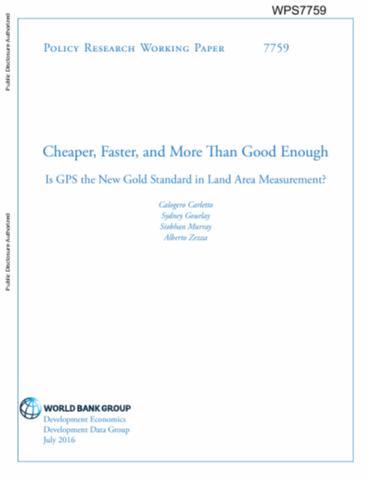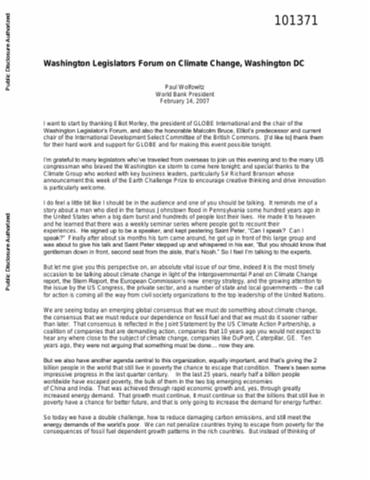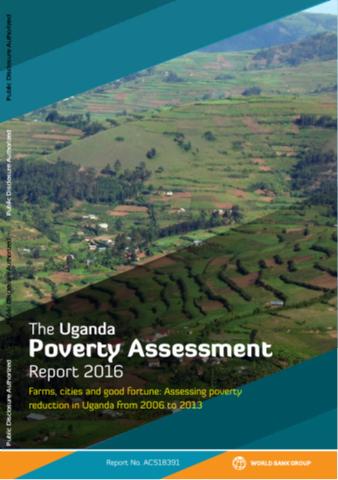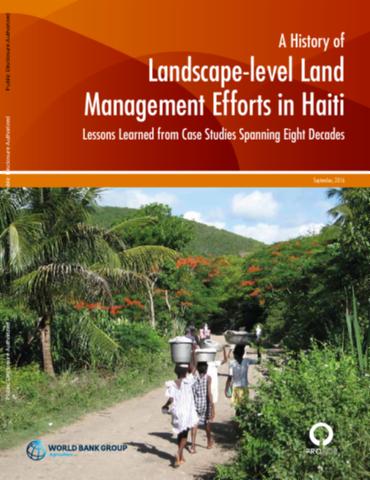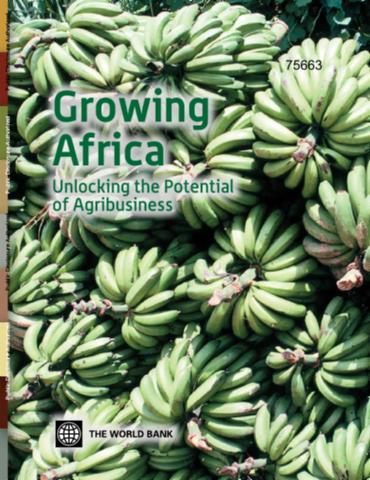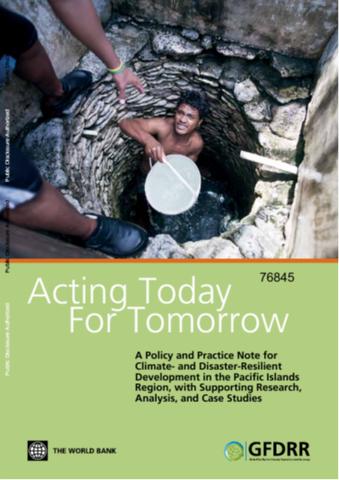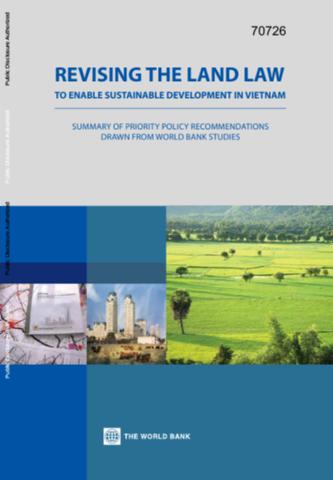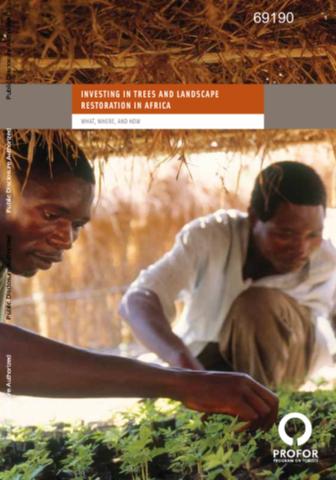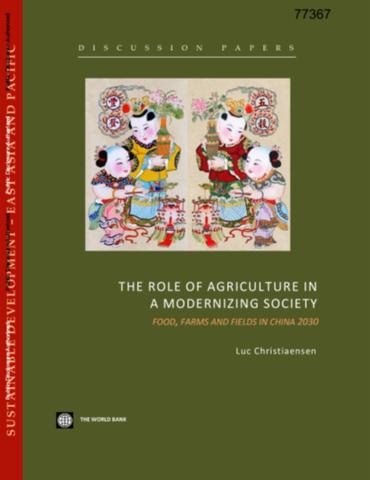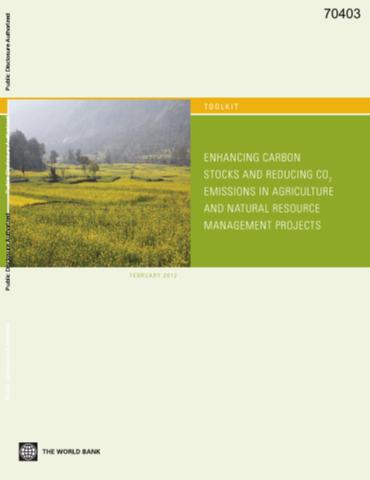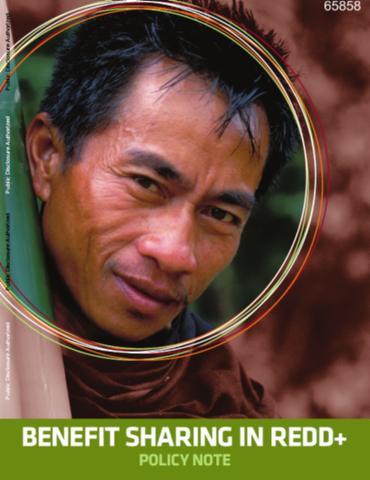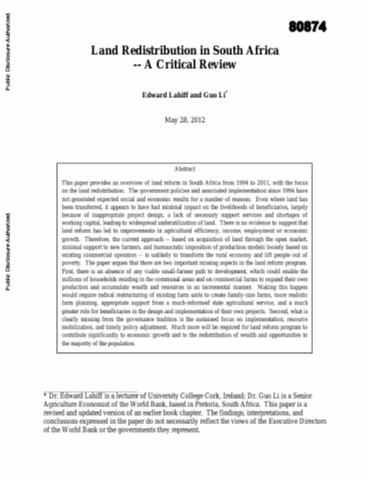Cheaper, Faster, and More Than Good Enough
In rural societies of low- and middle-income countries, land is a major measure of wealth, a critical input in agricultural production, and a key variable for assessing agricultural performance and productivity. In the absence of cadastral information to refer to, measures of land plots have historically been taken with one of two approaches: traversing (accurate, but cumbersome), and farmers' self-report (cheap, but marred by measurement error). Recently, the advent of cheap handheld GPS devices has held promise for balancing cost and precision.

